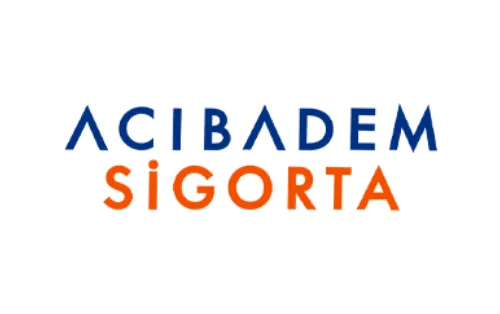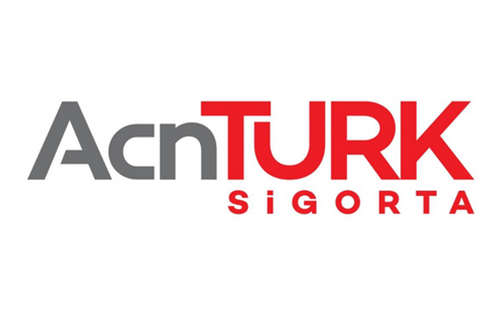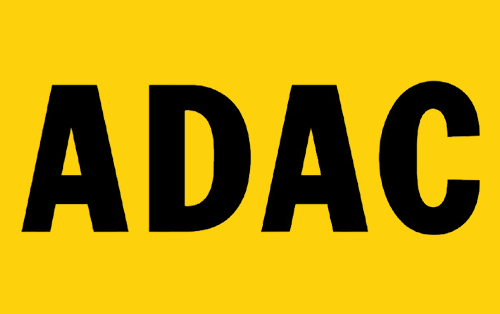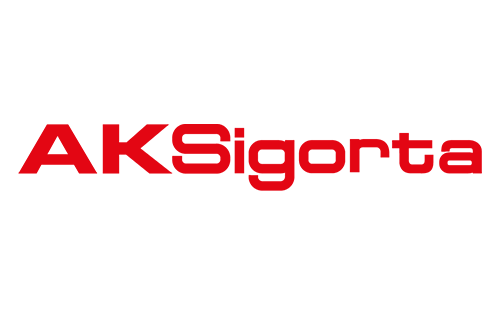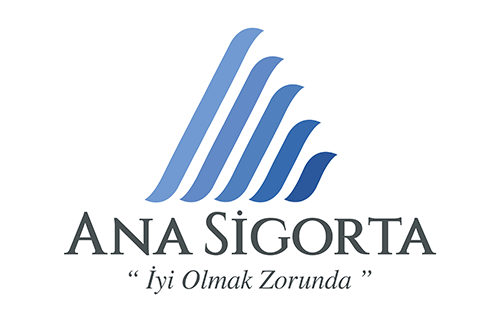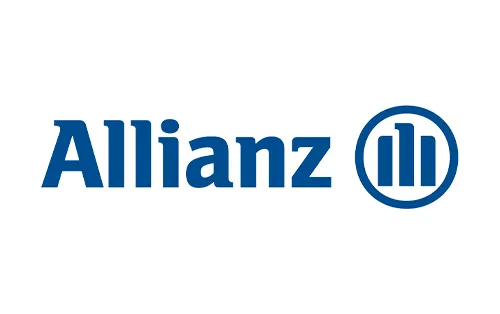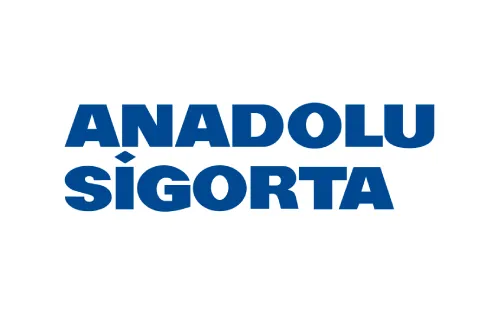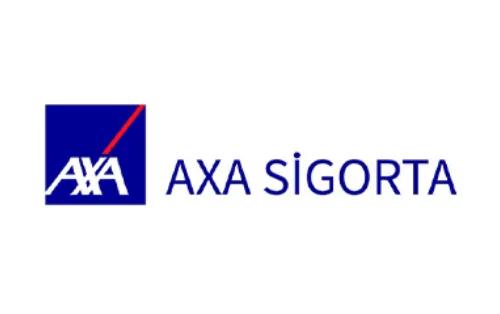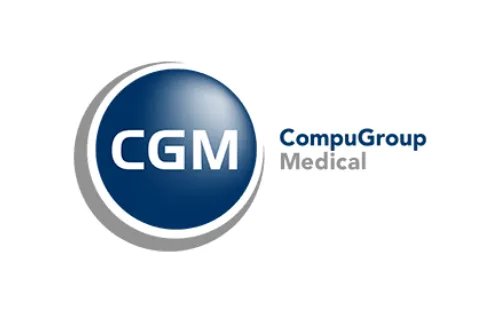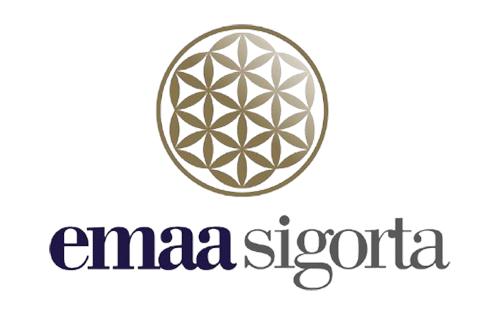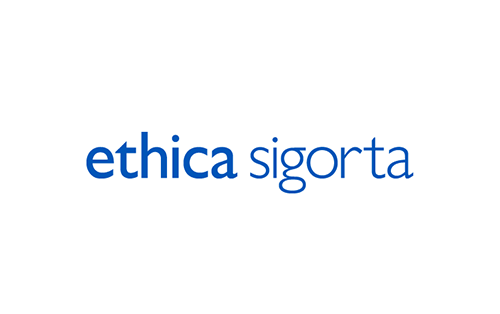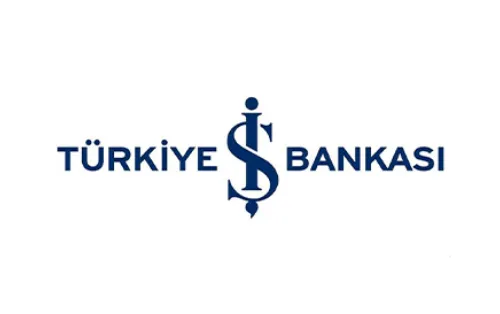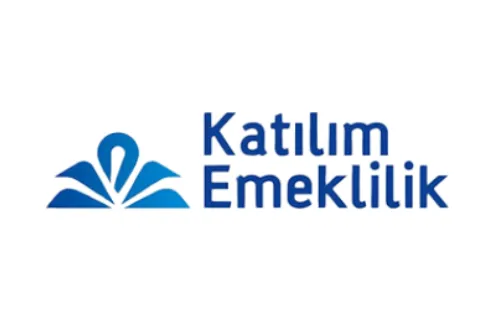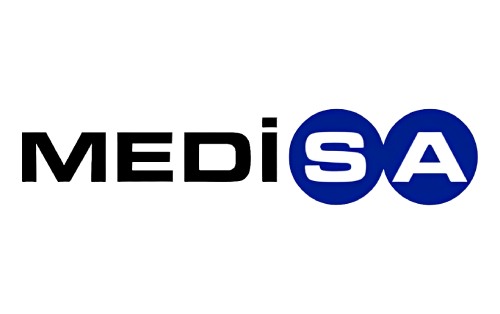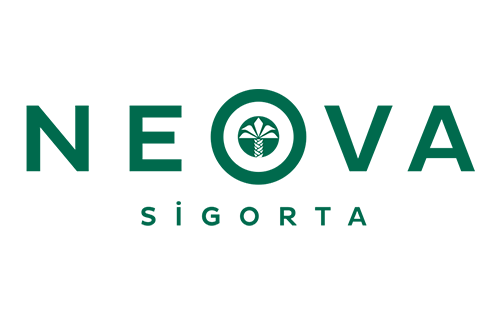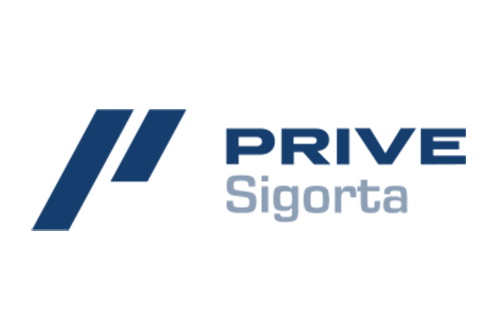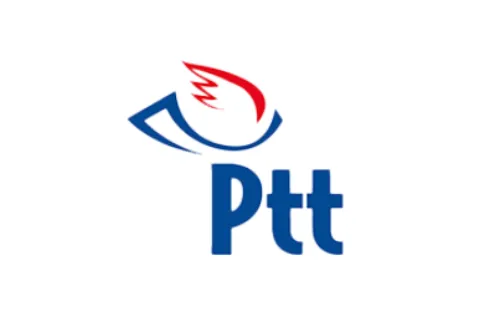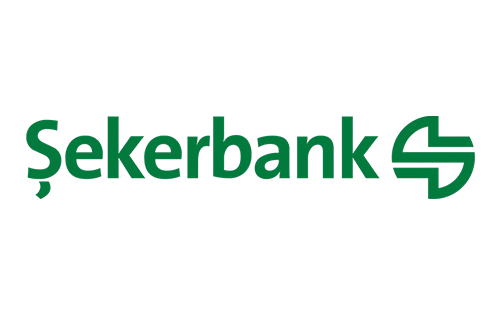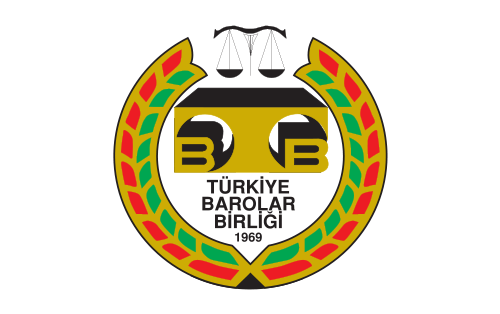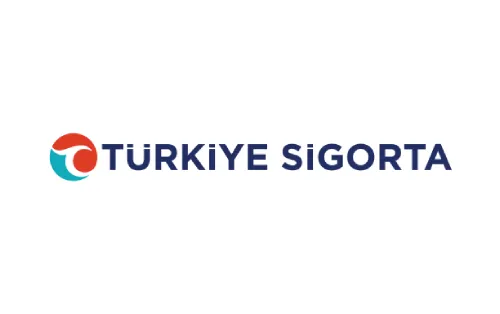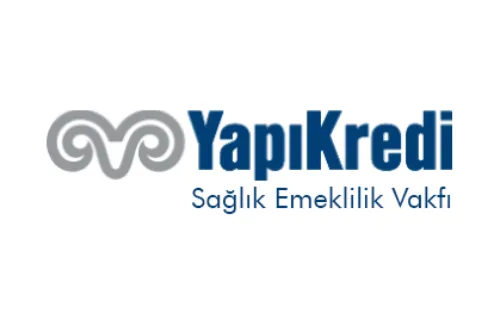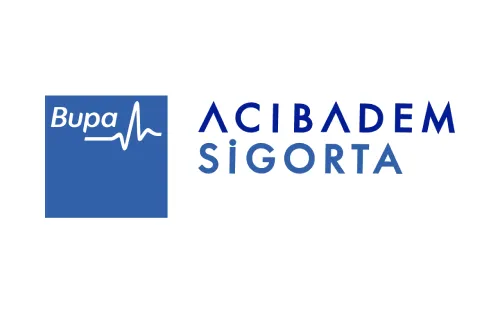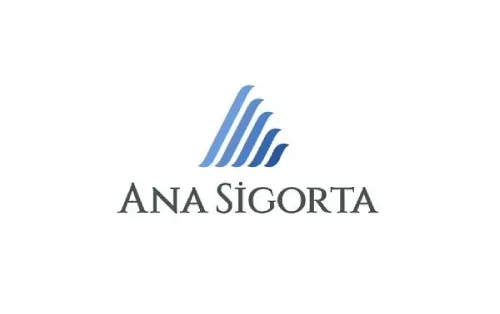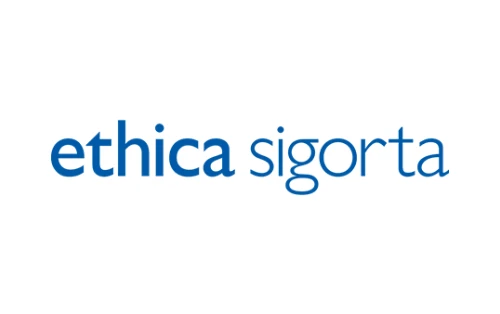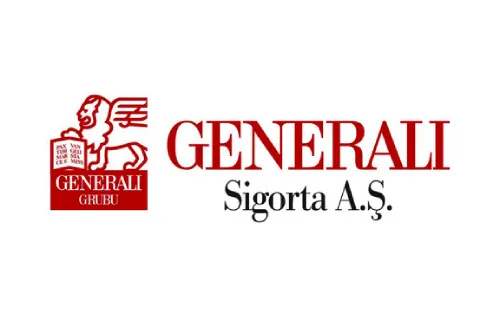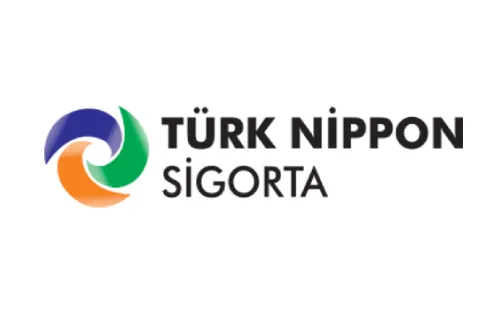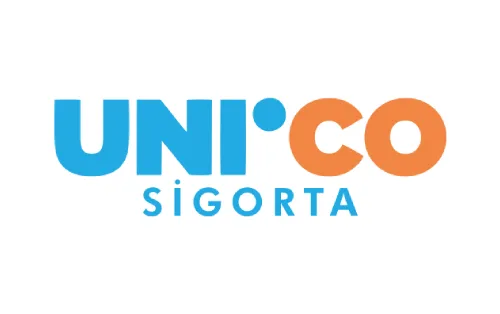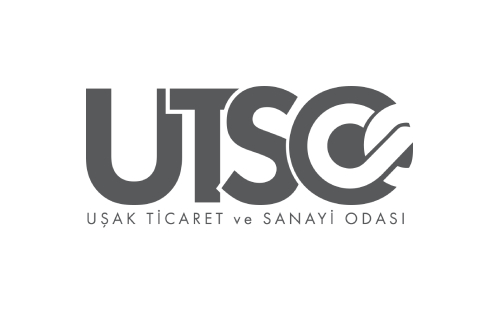Tumors of the sinus and nasal cavity are mainly benign and cannot spread to any other part of the body. These tumors can occur on both sides of the nose and usually grow slowly. Malignant sinus tumors are rare. Squamous cell carcinoma is the most common type of cancer found in the paranasal sinuses and nasal cavity. Other malignancies can also be found, for example:
- Adenocarcinoma
- Lymphoma
- Melanoma
- A rare type of polyp, often called an inverted papilloma, is located on one side of the snout and can be malignant.
What are the symptoms of sinus tumors and how is it diagnosed?
Patients often present with vague symptoms such as nasal congestion, nasal congestion and runny nose, frequent bloody noses, headache and / or facial pain. Patients may also have facial swelling, vision changes or neurological deficits. Some patients are asymptomatic.
Diagnosis begins with a detailed history and physical examination. Imaging studies, such as CT scans and MRI, are usually performed to stage the tumor locally and check for metastases or spread. CT scans are better for examining the bony structures of the sinuses and the base of the skull. MRI is preferred to identify soft tissue details such as dura (the lining of the brain), orbit, or the brain itself. A biopsy of the tumor is necessary to make a definitive diagnosis. This can usually be done in the office with topical or local anesthesia. Sometimes a biopsy should be done in a more controlled environment, such as an operating room, especially if there is a risk of bleeding.
How is it treated?
Surgical treatment is the main treatment for most sinonasal tumors. Radiation can also be used. Radiation can be used alone if the tumor cannot be surgically removed or in patients who cannot tolerate surgery. Combination therapy of surgery and radiation therapy with or without chemotherapy is given in certain cases.
The type of surgery will depend on the size and spread of the tumor and the surgeon's preference. Approaches can be external or endoscopic. Removal of sinonasal tumors can leave patients with facial impairment and difficulty speaking and swallowing. Reconstructive surgery is usually done to help with these problems, usually using tissue from other parts of the body.








